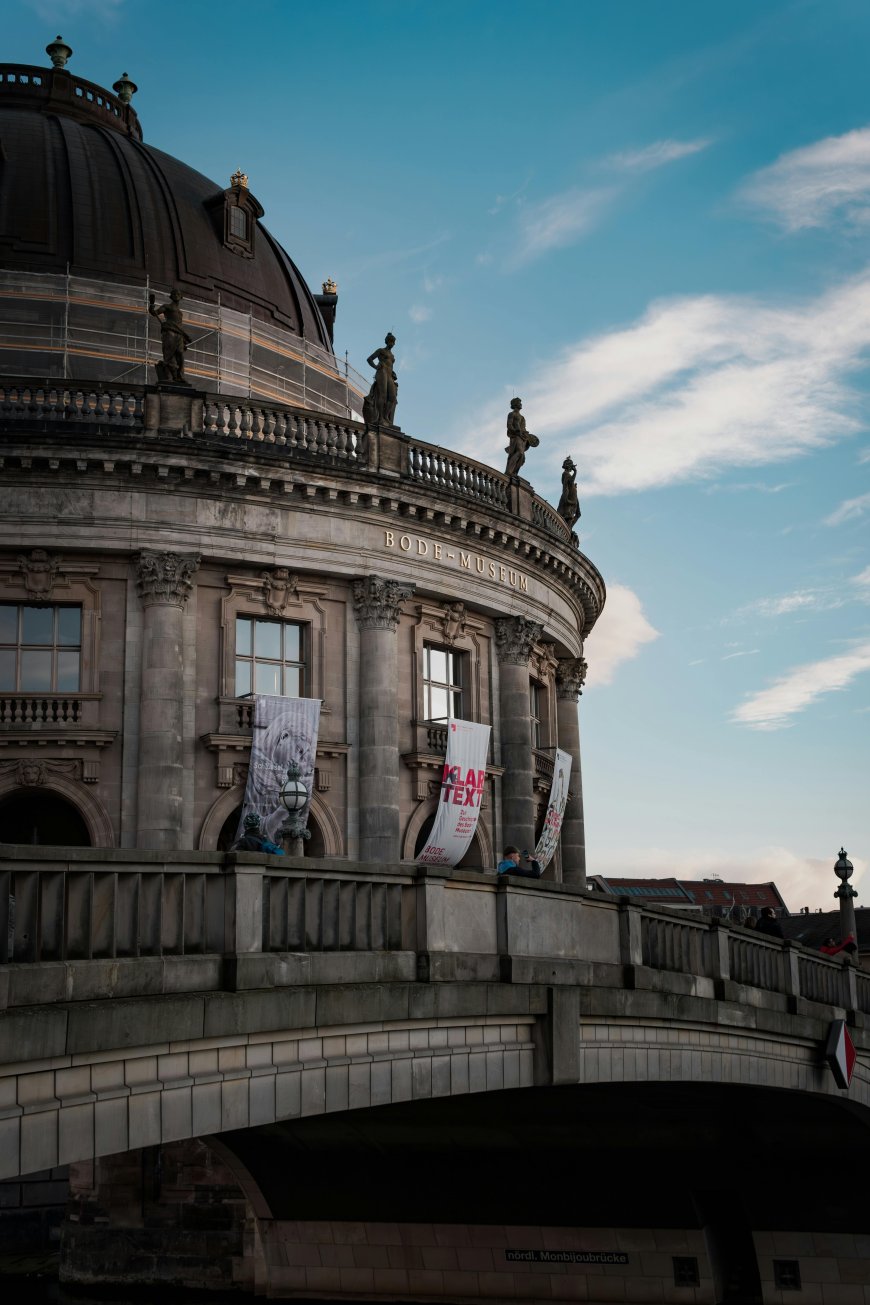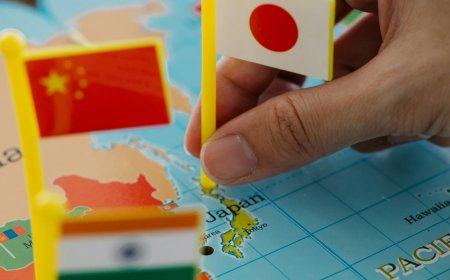Historic Leaders of the Middle Ages
Explore influential leaders of the Middle Ages whose vision, courage, and diplomacy shaped kingdoms and laid the foundations of modern Europe.

The Middle Ages, spanning roughly from the 5th to the 15th century, were a transformative period in European history. Feudalism, kingdoms, and the Church influenced politics, society, and culture.
Amid these challenges, certain leaders stood out, leaving legacies of governance, diplomacy, and innovation that shaped the course of history.
Charlemagne: The Father of Europe
Charlemagne (c. 747–814), King of the Franks and later Holy Roman Emperor, united much of Western Europe. His reign emphasized education, law, and cultural revival, known as the Carolingian Renaissance.
Charlemagne’s leadership laid the groundwork for modern European states and fostered unity in a fragmented continent.
William the Conqueror: Norman King of England
William the Conqueror (1028–1087) invaded England in 1066, establishing Norman rule. He centralized governance, implemented the Domesday Book, and strengthened royal authority.
William’s reforms reshaped England’s political landscape and influenced the evolution of the English monarchy.

Eleanor of Aquitaine: Queen and Diplomat
Eleanor of Aquitaine (1122–1204) was one of the most powerful women of the Middle Ages. As Queen of France and later England, she influenced politics, culture, and diplomacy, supporting the arts and negotiating treaties.
Eleanor’s life illustrates how leadership and influence were not limited to kings and warriors.
Richard the Lionheart: The Crusader King
Richard I of England (1157–1199), known as Richard the Lionheart, was celebrated for his bravery and military leadership during the Crusades. Though he spent little time in England, his legacy as a warrior king inspired chivalric ideals.
Richard exemplifies the martial and religious fervor that shaped medieval Europe.
Saladin: Sultan of Unity
Saladin (1137–1193), Sultan of Egypt and Syria, is famed for his leadership during the Crusades. He recaptured Jerusalem and became known for his fairness, diplomacy, and strategic brilliance.
Saladin’s reputation as a just and noble leader transcends cultural boundaries, influencing both Eastern and Western history.

Why Medieval Leaders Matter
Leaders of the Middle Ages faced a complex world of feudal loyalties, religious authority, and territorial conflicts. Their vision, diplomacy, and courage shaped nations, inspired culture, and laid foundations for modern governance.
Studying these leaders provides insight into the evolution of power, ethics, and society.

FAQs
Q1: Who was Charlemagne?
A1: Charlemagne was King of the Franks and Holy Roman Emperor, uniting much of Western Europe and promoting education and law.
Q2: What did William the Conqueror accomplish?
A2: He conquered England in 1066, centralized governance, and created the Domesday Book.
Q3: Why is Eleanor of Aquitaine significant?
A3: She influenced European politics, culture, and diplomacy as Queen of France and England.
Q4: Who was Richard the Lionheart?
A4: Richard I was King of England, known for his military leadership during the Crusades.
Q5: What is Saladin known for?
A5: Saladin recaptured Jerusalem during the Crusades and was celebrated for his fairness and strategic brilliance.
What's Your Reaction?
 Like
0
Like
0
 Dislike
0
Dislike
0
 Love
0
Love
0
 Funny
0
Funny
0
 Angry
0
Angry
0
 Sad
0
Sad
0
 Wow
0
Wow
0





































































